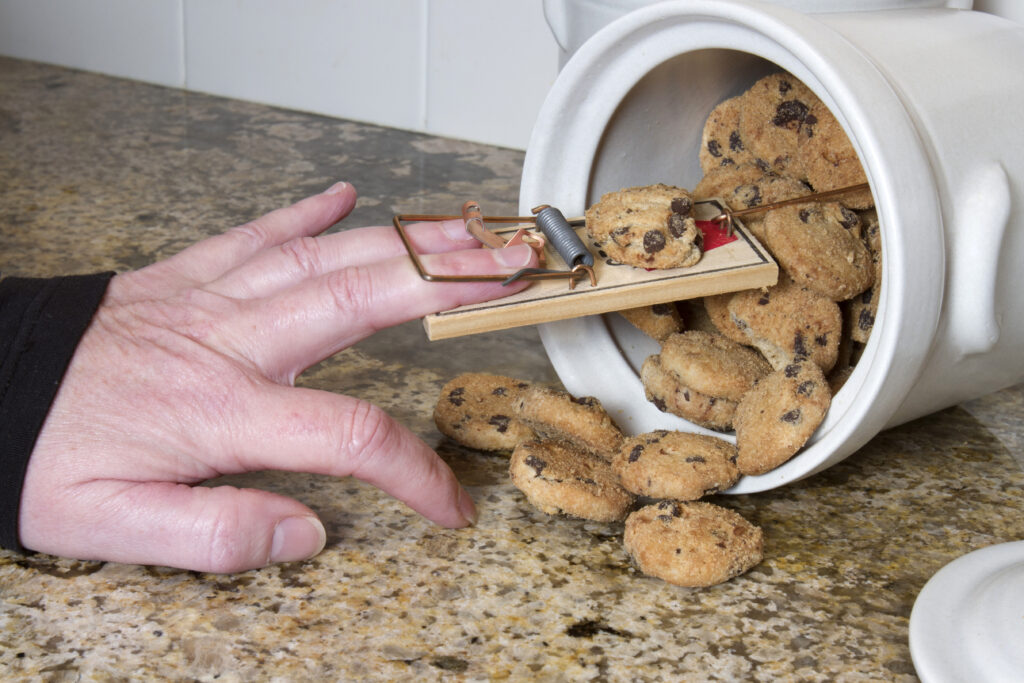 As far as I can tell, most parents want their children to reach launch-age fully capable of conducting their lives with responsibility and respect. When they leave the safety of their nests with self-confidence, feeling competent and resilient, with the drive to contribute positively to the world, they are ready to greet whatever comes at them. We want our children to go out into the world capable of finding success yet able to weather the bumps and storms with a strong sense of self.
As far as I can tell, most parents want their children to reach launch-age fully capable of conducting their lives with responsibility and respect. When they leave the safety of their nests with self-confidence, feeling competent and resilient, with the drive to contribute positively to the world, they are ready to greet whatever comes at them. We want our children to go out into the world capable of finding success yet able to weather the bumps and storms with a strong sense of self.
Most of all we want our children to feel inspired and fulfilled in their lives, doing what they love, able to reach their potential, and in mutually respectful relationships with others.
Does this sound fairy-tale-ish?
Especially when right now you struggle with demanding kids who seem oblivious to your requests and inconsiderate of other’s needs?
Even though your struggles today are very real and very exhausting, this is the time, no matter how young your child is, to focus on the journey of reaching the goal of 100% authority over themselves instead of being the entitled Read more…









 It’s really easy to get down on yourself for behaving regretfully toward your child. What’s hard is forgiving yourself because you’re human and making amends.
It’s really easy to get down on yourself for behaving regretfully toward your child. What’s hard is forgiving yourself because you’re human and making amends.  Vulnerability does not equal weakness. Vulnerability
Vulnerability does not equal weakness. Vulnerability  Q. My son is 11 and an only child. His first reaction to everything is negative, a sigh, makes a face and moans. This is the reaction to every meal (even stuff he likes), an outing he likes or even just being asked to watch tv with us. When we try to do fun family stuff he moans. Nearly every time he enjoys the activity and tells us afterwards, when we ask, that he loved it. He just wants to be playing on his iPad or watching TV on his own in his room. He says these activities take time from his gaming. I get frustrated because I plan these family activities around what he likes to do and yet he moans about going. Then it causes a row because no matter what we do he never gets excited or happy.
Q. My son is 11 and an only child. His first reaction to everything is negative, a sigh, makes a face and moans. This is the reaction to every meal (even stuff he likes), an outing he likes or even just being asked to watch tv with us. When we try to do fun family stuff he moans. Nearly every time he enjoys the activity and tells us afterwards, when we ask, that he loved it. He just wants to be playing on his iPad or watching TV on his own in his room. He says these activities take time from his gaming. I get frustrated because I plan these family activities around what he likes to do and yet he moans about going. Then it causes a row because no matter what we do he never gets excited or happy. You come home at the end of the day. Maybe you’ve picked up one child from daycare and another from a playdate. Your tired, you don’t have anything prepared for dinner, and you long for some space.
You come home at the end of the day. Maybe you’ve picked up one child from daycare and another from a playdate. Your tired, you don’t have anything prepared for dinner, and you long for some space.
 Q. I’ve been a long time subscriber and benefitted on how to handle parenting issues mostly when my kids were very young. Now my son has turned 18 and feels entitled to stay out as long as he wants. For me and my husband, we still think that house rules apply but I’m finding it very difficult to give logical reasons why my son should abide by some rules when my husband does the exact same thing. Is there any better way to handle this or what reasons will be valid in this situation?
Q. I’ve been a long time subscriber and benefitted on how to handle parenting issues mostly when my kids were very young. Now my son has turned 18 and feels entitled to stay out as long as he wants. For me and my husband, we still think that house rules apply but I’m finding it very difficult to give logical reasons why my son should abide by some rules when my husband does the exact same thing. Is there any better way to handle this or what reasons will be valid in this situation? Do you teach your children that their school performance is for you? That’s one way to diminish school motivation.
Do you teach your children that their school performance is for you? That’s one way to diminish school motivation. Q. I am currently feeling like a failure as a parent. My 12 year old daughter is smart, well behaved, does well in school. However, she sneaks food. In this area, we fight and tempers flare creating a hostile environment at home. She loves junk food like cookies and chips. We have a policy at home where the kids get to choose 2 junk items from the pantry as snacks after school. It works in most part, but she ends up taking 1-2 extra things to her room. I am worried about the impact of constant junking on her teeth & overall health. She just cannot stop herself from eating. I cannot constantly monitor her and increasing the ‘allowed’ unhealthy stuff on a daily basis is not an option.
Q. I am currently feeling like a failure as a parent. My 12 year old daughter is smart, well behaved, does well in school. However, she sneaks food. In this area, we fight and tempers flare creating a hostile environment at home. She loves junk food like cookies and chips. We have a policy at home where the kids get to choose 2 junk items from the pantry as snacks after school. It works in most part, but she ends up taking 1-2 extra things to her room. I am worried about the impact of constant junking on her teeth & overall health. She just cannot stop herself from eating. I cannot constantly monitor her and increasing the ‘allowed’ unhealthy stuff on a daily basis is not an option.